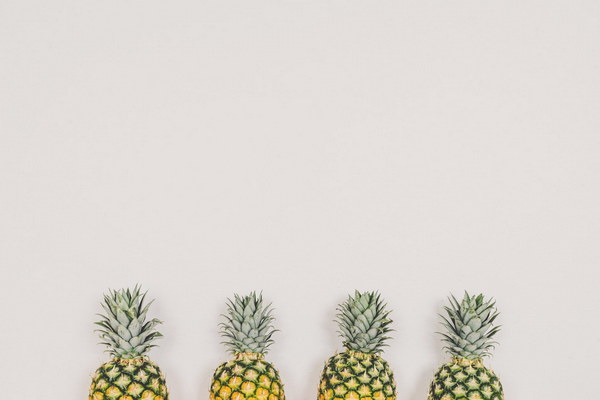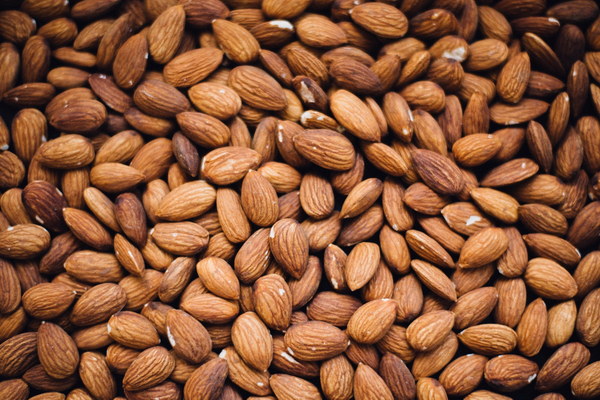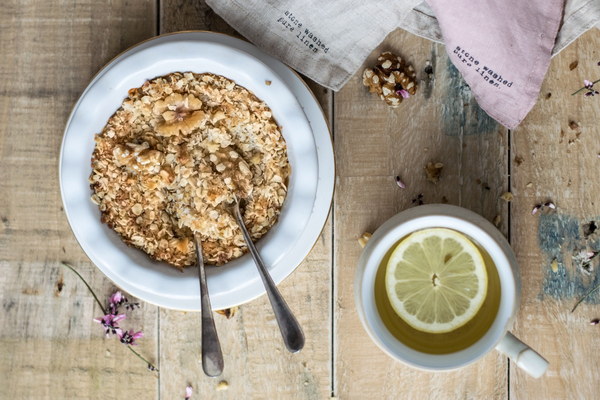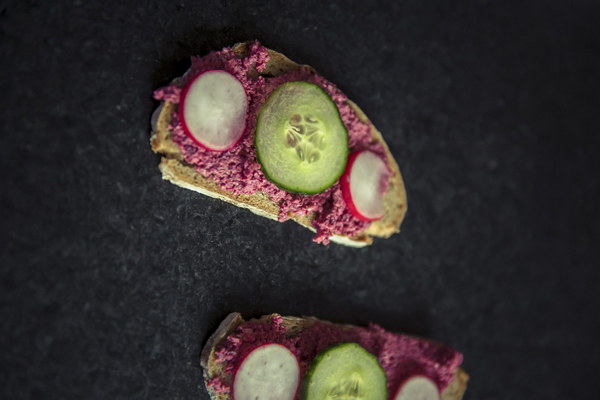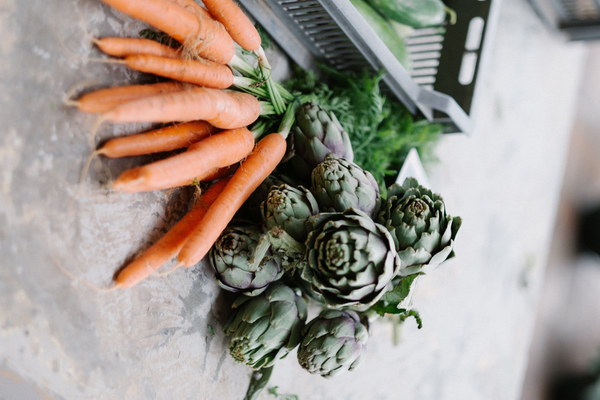Harvesting Health TCM's Approach to Winter Tonification for Spleen and Kidney Yang Deficiency on the Solstice
The Winter Solstice, also known as Dongzhi in Chinese, marks the shortest day and longest night of the year. It is a time when nature conserves its energy, and in Traditional Chinese Medicine (TCM), it is considered an ideal moment to bolster the body's own energy, particularly for those with Spleen and Kidney Yang Deficiency. This article delves into the concept of TCM's winter tonification, focusing on how to nourish the body through diet, herbs, and lifestyle adjustments to enhance overall well-being during the coldest months.
Understanding Spleen and Kidney Yang Deficiency
In TCM, Spleen and Kidney Yang Deficiency refers to a condition where the body's fundamental energy, or Qi, is weak, leading to symptoms such as fatigue, weakness, lack of appetite, and frequent colds or infections. The Spleen is responsible for transforming food into nutrients and maintaining the body's energy, while the Kidneys are the root of one's fundamental energy, governing growth, reproduction, and longevity.
Winter Tonification: A TCM Approach
Winter tonification aims to replenish and strengthen the body's Qi during the coldest months, when the natural world is conserving its energy. For those with Spleen and Kidney Yang Deficiency, this period is crucial for restoring and maintaining health.
1. Diet: Nourishing Foods
The diet plays a vital role in winter tonification. TCM suggests consuming warm and nourishing foods that support the Spleen and Kidneys. These include:

- Root vegetables: Carrots, sweet potatoes, and radishes provide essential nutrients and are known for their warming properties.
- Animal offal: Liver, kidneys, and heart are rich in iron and other nutrients, which can help strengthen the Qi.
- Nuts and seeds: Almonds, walnuts, and sunflower seeds are great sources of protein and healthy fats.
- Seafood: Oysters and other shellfish are believed to tonify the Kidneys and improve overall health.
2. Herbs: Traditional Tonics
Herbs can be used to support the Spleen and Kidneys and improve overall health. Common tonics include:
- Astragalus (Huang Qi): Known for its immune-boosting and energy-enhancing properties.
- Codonopsis (Dang Shen): A Qi tonic that strengthens the body and improves appetite.
- Goji Berries (Gou Qi Zi): Renowned for their Kidney tonifying and longevity-enhancing effects.
- Cinnamon (Rou Gui): A warming spice that supports the Spleen and Kidneys.
3. Lifestyle Adjustments
In addition to diet and herbs, lifestyle adjustments can significantly impact winter tonification:
- Regular exercise: Gentle activities like tai chi, qigong, or walking can help boost circulation and Qi flow.
- Adequate sleep: Ensuring 7-9 hours of restful sleep each night is crucial for energy replenishment.
- Stress management: Techniques such as meditation, yoga, or deep breathing exercises can help reduce stress and improve overall well-being.
Conclusion
Winter tonification for Spleen and Kidney Yang Deficiency is a comprehensive approach that combines diet, herbs, and lifestyle adjustments to enhance overall health during the coldest months. By following TCM's principles and incorporating these practices into daily life, individuals can strengthen their fundamental energy, improve their immune system, and enjoy a more vibrant and energetic winter season.
